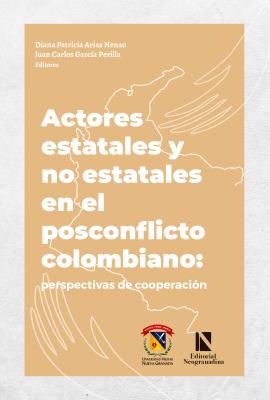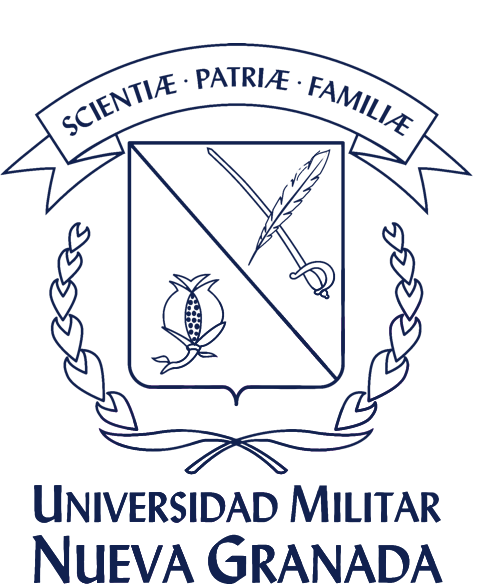State and non-state actors in the Colombian postconflict: prospects for cooperation
Keywords:
Armed actors, Colombia, Armed conflict, Post-conflict, Political violenceSynopsis
To understand the historical background of this particular peace process, the authors of this work determined using a descriptive methodology, with the support of primary and secondary sources and mixed research techniques, that is, quantitative and qualitative, to initiate the study of the time frame between 2016 and 2022. Through the contextual analysis and the background of the behavior of the Colombian State in the face of guerrilla subversion, authors identified the main morphologies, both from the violence deployed by State and nonstate actors, in general, in the period between 1930 and 2016, the year of the beginning of the implementation of the so-called Colombian post-conflict. Having studied the historical context and detailed the impacts of the different types of actors and violence before the disarmament of the FARC, the constant of non-victory by the legitimate violence of the State remains. This led to the introduction of military cooperation strategies that initially sought to strengthen the capacities of the Colombian Armed Forces through the famous Plan Colombia and its subsequent renewals in Plan Patriot and Plan Peace. However, these military cooperation strategies had a preventive and reactive origin concerning U.S. national interests. In asymmetric international relations, the center has strongly determined the domestic decisions of the periphery. In this sense, the predominant exogenous variable in the Colombian armed conflict also determines the reactive cooperation strategies, that is, those based on the political relationship of the force of determination, especially those related to intelligence and counterintelligence activities. These activities were developed from the conflictive realities between non-state armed actors against the Colombian State and its legitimate violence. However, this verticality, as of 2016, shows severe signs of horizontalization, mainly due to the diversification of cooperation strategies, not only focused on preventive strategies but also on those of a constructivist nature. Likewise, the participation of new subjects of law beyond the realistic spheres linked to armed conflict and organized crime reinforces cooperation strategies of an integral and no longer merely militaristic nature.
Chapters
-
Capítulo 1. El Estado ante la subversión guerrillera: hacia una morfología de la violencia estatal y no estatal en Colombia (1930–2016)
-
Capítulo 2. La influencia estadounidense en el posconflicto colombiano
-
Capítulo 3. Camino a la paz. La cooperación chilena en el posconflicto colombiano (2016-2019)
-
Capítulo 4. FARC-EP y sus disidencias. Cambios y continuidades en las relaciones entre Colombia y Ecuador
Downloads


This work is licensed under a Creative Commons Attribution-NonCommercial-NoDerivatives 4.0 International License.












